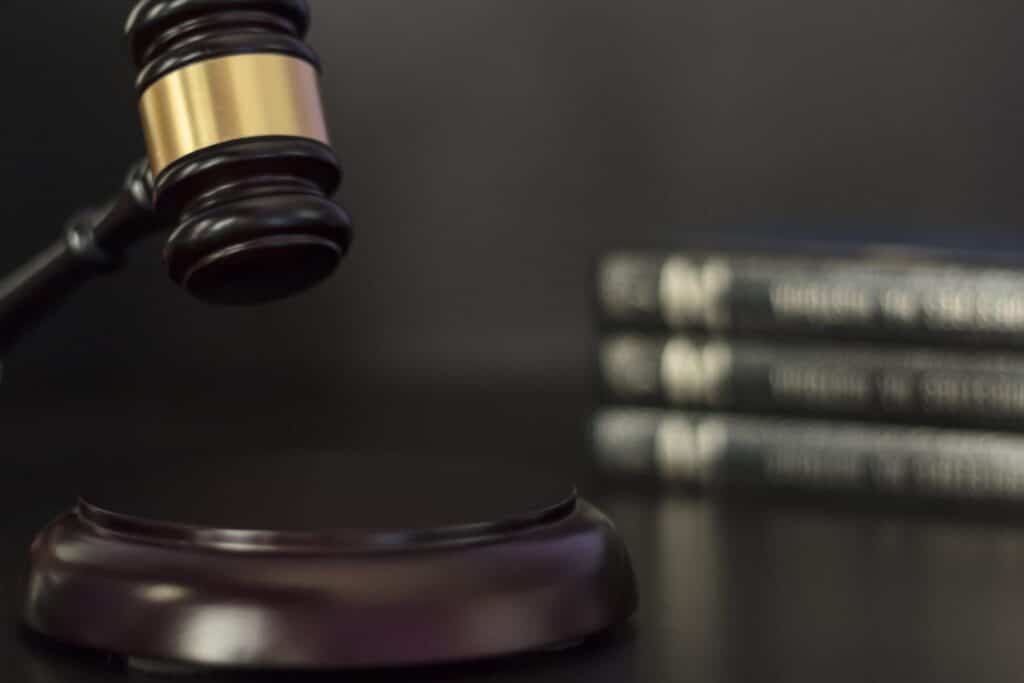In a recent blog post, we discussed the harmless error rule. This rule makes a difference if you’ve been convicted for a crime and want to appeal your case. Even if the appellate court decides that your constitutional rights to a fair trial were violated, the harmless error rule requires the court to also determine whether the violation was the difference between your conviction and another outcome. This adds another obstacle to the appeal process.
A new case, though, can make this obstacle even steeper.
Case Makes Harmless Error Rule Even More Difficult to Overcome
The case started at a trial for a sex crime in Florida. There, the prosecutor was questioning one of its witnesses when, suddenly, the criminal defense attorney entered the courtroom. He’d stayed out for the lunch recess for a few minutes too long, and no one had noticed his absence before resuming the trial. The defense attorney missed seven minutes of the trial and the answers to 18 of the prosecutor’s questions.
When he was convicted, the defendant appealed his case, claiming that he was denied a fair trial because of the absence of his attorney.
Presumptions in the Harmless Error Rule
Previous cases dealing with the harmless error rule have carved out automatic exceptions to the rule. These exceptions are when the constitutional violation during trial was so severe that there’s a presumption of prejudice against the defendant that requires the appellate court to take action.
One of these exceptions is when the defense attorney was missing during a critical stage of the process. However, this exception took a huge blow when the appeals court in Florida made its decision.
United States v. Roy Strengthens Harmless Error Rule
Despite the exception to the harmless error rule for the absence of an attorney, the appellate court decided in United States v. Roy that these particular seven minutes and 18 questions were not a “critical stage” of the trial. Much of the information, they determined, was covered by other witnesses so it was harmless for the defense attorney to be absent during this particular part of the trial.
Of course, this ruling overlooks the fact that the whole trial is considered a “critical stage” of the criminal justice process. Worse, this oversight on the court’s part is dangerous because it splits a trial up into “critical” and “trivial” parts and insinuates that only during “critical” points in a trial are you guaranteed an attorney. This is a slippery slope that should scare criminal defendants and their attorneys.
Maine Criminal Defense Attorney William T. Bly
Luckily, this case is not binding on our courts here in the state of Maine. However, that doesn’t mean our courts can’t look to it when they make their own rulings on this issue. Additionally, if the case continues up to the Supreme Court of the United States, it could become binding on not just the courts in Maine, but everywhere else in the country, as well.
Cases like these highlight the importance of a solid criminal defense attorney who gets things done right at trial. If you’ve been charged with a crime in Maine, call the law office of William T. Bly at (207) 571-8146 or contact him online for vigorous defense.


